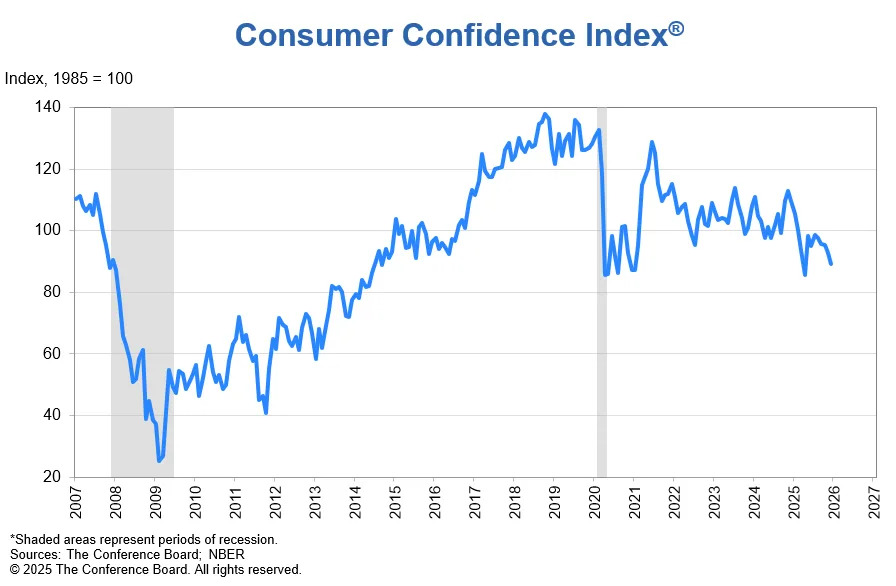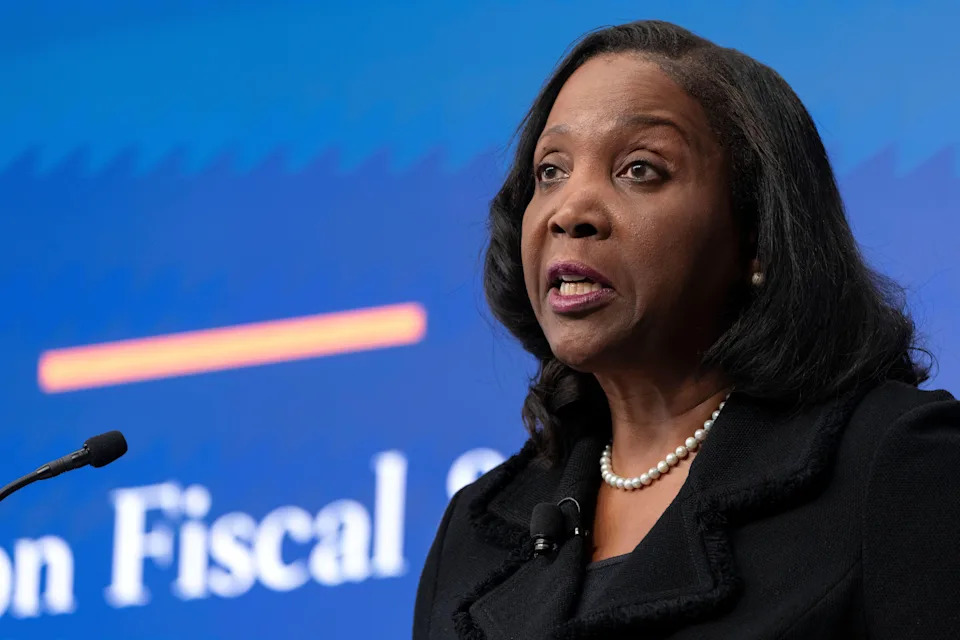
How to think about earnings estimates during volatile times
Key Points
- Earnings estimates for the next 12 months are rising, while estimates for 2025 and 2026 are coming down due to the passage of time.
- Analysts tend to revise down calendar year estimates as time passes, but NTM earnings estimates continue to advance due to expectations of future growth.
- Uncertainty is high, and there's evidence that current earnings estimates might be stale, affecting both NTM and calendar year estimates.
- Retail sales increased in March, but spending might be influenced by consumers front-running tariffs.
- Unemployment claims are low, indicating economic growth, while inflation expectations are rising.
Summary
The article discusses the dynamics of earnings estimates and their implications for stock market valuations. While earnings estimates for the next 12 months are on the rise, those for 2025 and 2026 are being revised downwards, reflecting the passage of time and analysts' adjustments. This dual trend highlights how calendar year estimates can become outdated as time progresses, whereas next-12-month (NTM) estimates continue to incorporate future growth expectations. Despite this, there's a high level of uncertainty, with evidence suggesting that current earnings estimates might not be entirely accurate. On the economic front, retail sales have increased, potentially influenced by consumers preempting tariffs. Unemployment claims remain low, signaling economic growth, but inflation expectations are heating up. The article also touches on various economic indicators like industrial activity, housing starts, and homebuilder sentiment, painting a picture of an economy with cooling growth but still positive demand. The overarching message is to remain cautious about earnings estimates and to focus on long-term investment strategies amidst these economic crosscurrents.
yahoo
April 20, 2025
Stocks


